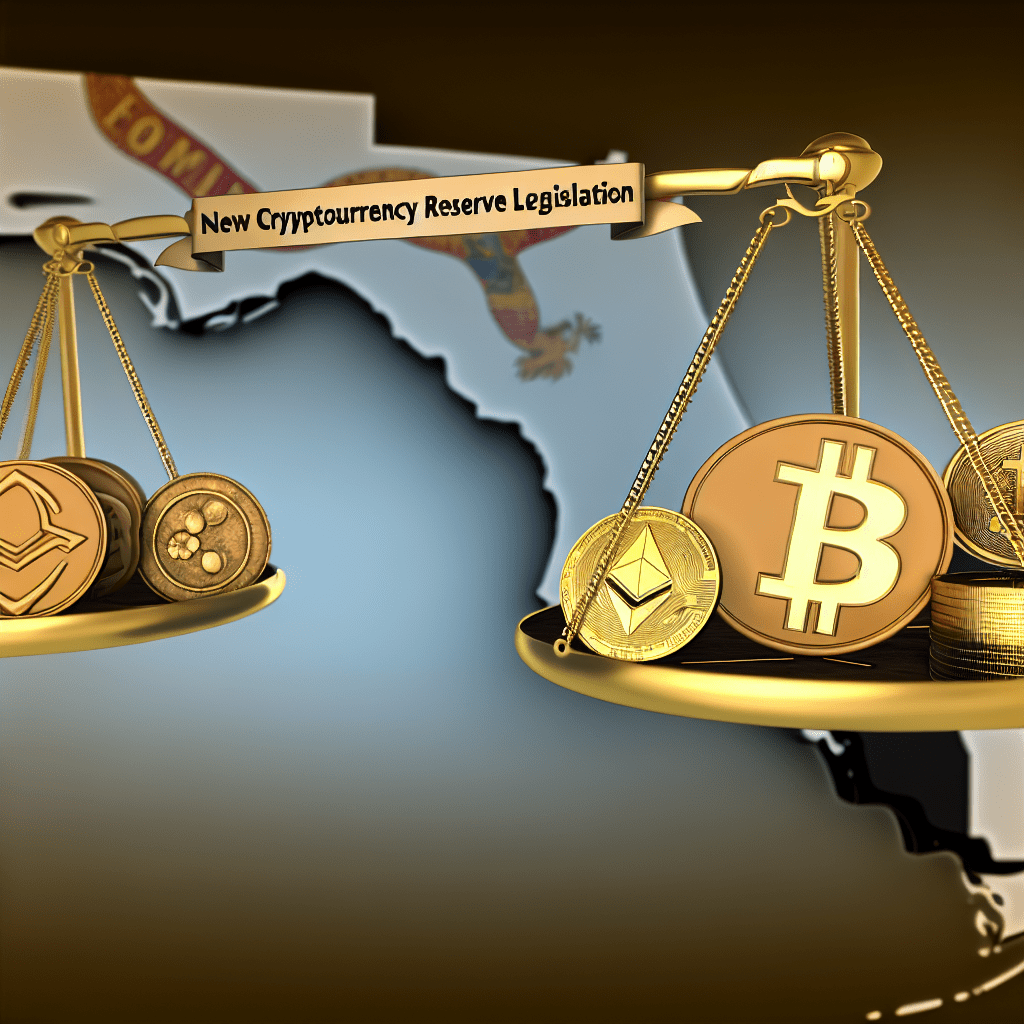A Florida House Republican has introduced an updated bill that would enable the state to invest in digital assets, including Bitcoin and crypto ETFs, following the withdrawal of his initial effort by Florida’s operations subcommittee in June.
The Florida House Bill 183 permits the state and specific public entities to invest up to 10% of their funds in digital assets, which encompass Bitcoin (BTC), crypto exchange-traded products, crypto securities, non-fungible tokens, and other blockchain-based assets, according to the newly introduced bill by Florida lawmaker Webster Barnaby on Wednesday.
This revised crypto reserve bill resembles Webster’s earlier HB 487, which was abandoned in June, but introduces new standards for custody, documentation, and fiduciary responsibilities related to holding and lending digital assets.
A significant enhancement Barnaby implemented was the expansion of investable digital assets from solely Bitcoin to a wider array of crypto assets, providing Florida with increased flexibility for diversifying its digital asset portfolio if the bill is approved.
HB 183 is intended to take effect on July 1, 2026, and would empower the State Board of Administration to invest pension and other trust funds in digital assets.
Only three state Bitcoin reserve bills have been enacted
A number of Bitcoin and digital asset reserve bills were presented in state legislatures during the 2025 session; however, the majority were unsuccessful, with only three — from Arizona, New Hampshire, and Texas — becoming law.
New Hampshire’s HB 302 allows the treasurer to invest up to 5% of public funds in digital assets with market caps exceeding $500 billion — currently just Bitcoin — while the Texas Senate Bill 21 explicitly sets up a Bitcoin-only reserve.
Conversely, Arizona’s HB 2749 only enables the formation of a digital asset reserve from unclaimed property.
Florida lawmaker filed another crypto bill this week
Barnaby is also looking to simplify regulatory requirements for stablecoin issuers in Florida, submitting HB 175 to clarify that recognized payment stablecoin issuers should not be obliged to obtain separate licenses or registrations.
Related: Bank of England clarifies plan to limit stablecoins is temporary
The bill mandates that stablecoin issuers are fully collateralized with US dollars or treasuries and are required to perform a public audit of those reserves at least monthly.
Similar to HB 183, Barnaby aims for the stablecoin bill to also take effect on July 1, 2026.
California acknowledges crypto property rights
Last Saturday, California Governor Gavin Newsom approved a new law safeguarding unclaimed crypto from immediate sale, ensuring that digital assets remain intact rather than being converted to cash before being placed in state custody.
The California SB 822 enables crypto account holders to reclaim their original crypto by submitting a legitimate claim to the California State Controller.
Magazine: Back to Ethereum: How Synthetix, Ronin and Celo saw the light

